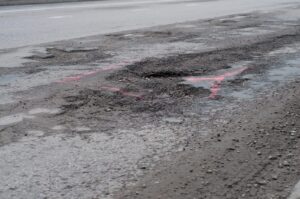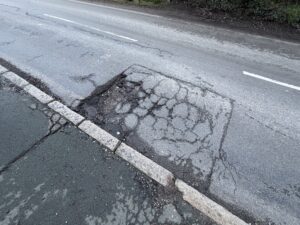Consultants WSP has developed new user guidance for the updated Active Modes Appraisal Toolkit (AMAT) on behalf of the Department for Transport (DfT).
This will help stakeholders to effectively use the AMAT to appraise schemes for programmes including Local Cycling and Walking Infrastructure Plans, Transforming Cities Fund and the recently announced Emergency Active Travel Fund.
The guidance provides advice on how to use the AMAT for assessing the overall benefits and costs of proposed walking and cycling interventions, ranging from capital investments to behaviour change programmes.
AMAT enables stakeholders and decision-makers to assess the value for money of proposed cycling and walking interventions, quantifying a wide range of potential benefits from active travel including:
- Health improvements from increased levels of physical activity
- Identifying transport decarbonisation impacts
- Air quality and climate benefits associated with modal shift
The Emergency Active Travel Fund was launched by Secretary of State for Transport, Grant Shapps, at the beginning of May, providing an initial £225m funding for authorities around England for a wide range of measures to promote active travel and reduce pressure on public transport.
Jeremy Clarke, Economic Advisor, Active and Accessible Travel, Department for Transport, said: “I’m confident this will really help local stakeholders to make the case for future spending on active travel. This new guidance will have immediate impact and I’m grateful for WS’s swift and valuable input.”
Lewis Pagden, Assistant Economist, Department for Transport, added: “The guide will be very important in ensuring that local authorities can prepare bids at pace and in a robust manner.”
Rachel Skinner, UK Head of Transport at WSP and Client Director for Department for Transport, said: “As we start the hard work to recover from the disruption brought by COVID-19, we must seize the parallel opportunity to leap ahead with the net zero carbon agenda. Investments in active travel modes are critical for our health, wellbeing and mobility, and the decarbonisation of the UK’s transport network is a vital piece of the net zero 2050 puzzle.
“These infrastructure commitments are also a critical element in underpinning our collective efforts to fulfil the true potential of walking and cycling as one of many solutions to combat the climate emergency and air quality. The AMAT takes on board the very latest in best practice and innovation for active modes to give confidence and assurance to local authorities who are keen to invest and make fast progress in their strategic recovery plans for COVID-19.”
























